Voluntourism, or volunteering while traveling abroad, can be a transformative and enriching experience for travelers. Universities, religious organizations, and non-profits offer many voluntourism opportunities around the world. Some of the most popular programs include teaching English, building houses, or participating in medical brigades.
So why is voluntourism still so controversial? Although “giving back” while abroad comes with good intentions, it can cause more harm than good in local communities. Additionally, there are many organizations that will scam both volunteers and locals in order to make a profit.
For this reason, travelers should always do extensive research before volunteering abroad. You should first reflect on the tangible skills you can offer abroad. Then, you should research organizations that are run by locals. Lastly, you should ensure that profits are staying within the local community.
Want to volunteer abroad? Here’s what to avoid and what to look for:
Voluntourism: Who holds the power?
When volunteering abroad, the most important question to ask ourselves is “who holds the power?” Power in this sense refers to who is running a volunteer experience or organization. For instance, there are many voluntourism experiences that are run by a foreign university or religious organization, instead of locals. This can create a disconnect between what the true needs are within a given local community.
Berber Woman’s Co-Op
When we look at holding the power, we also need to ask: who is making a profit? Even when starting with altruistic intentions, there are many million-dollar voluntourism organizations that now prioritize profit over people.
They may use vague terms like “helping locals” and “portion of proceeds” without actually giving details about the profit breakdown.
That’s why you should ask questions to determine the exact percentage of proceeds that will be benefiting the project. The money should be going directly into a local community project, even if there is a 3rd party involved.
Voluntourism experiences to avoid
In order to define ethical voluntourism experiences, let’s first define what experiences to avoid. First off, you should generally avoid any orphanage voluntourism experiences. For example, a few years ago a scandal took place in Haiti at an orphanage. It was revealed that the organization was exploiting disadvantaged youth as a hook to attract inexperienced volunteers who are willing to pay large amounts of money to do charity work.
There are an estimated 168 million working children across the globe, and 85 million of them live in hazardous working conditions. Volunteer models like the one mentioned above actually take advantage of vulnerable families that think by giving their child away, they are giving their children better health and education opportunities. Instead, the children too often face mistreatment, are forced to work, and are left with life-long attachment disorders.
Unfortunately, this is not uncommon, and happens in many different voluntourism projects around the world, but specifically in orphanages.
Voluntourism activities like these also feed into the “white savior” complex. This is a term used for when (often white) beneficiaries from the West swoop into a country to “fix” an issue they’ve deemed problematic. This can be anything from running water, to providing food, to building houses.
You can especially identify the white savior complex when you may see a group of volunteers posing with a group of children or locals, almost as if they are props in the photo. Often without bringing any tangible skills or connection to the local population, this creates a dependency complex and imbalance of power.
The better model is one created by and among the local community for the issues they find most important to their quality of life. Outsiders may be invited and very welcome to collaborate, but the foundation lies within the community organizers.
All of that said, if voluntourism is well-thought out and follows a more sustainable scope, there can be beneficial models.
Tips for an ethical voluntourism experience
Irish Seed Savers Community in Ireland
Before you decide to embark on a volunteering adventure, consider the following tips:
1. Do some self-reflection
Start by taking a look inward to truly think about what you could contribute. Don’t just volunteer abroad because you want to “help”. What tangible skills do you have that might be valuable? What causes resonate with you? What are you expecting to learn more about and create relationships with?
This also might be a good time to find a volunteer organization within your own community!
2. Research, research, research!
Look for organizations made by and for communities. For instance, Friends International in Cambodia is a leading social enterprise looking to save lives and build future leaders from the most marginalized young children and adults, along with families and communities. It has supported the school attendance of more than 4,000 children and has supported the better care of 10,000 parents each year.
As one of our community partners, Friends International has taught us a lot about how this sustainable model has positively affected social change in Cambodia. Becoming more aware of situations like these in the traveling destinations you plan on exploring, is the best way to support any positive changes in the tourism and volunteering world.
3. Go for long-term volunteering
To truly make an impact in the community, consider doing long-term volunteer work. Although it does take a bigger sacrifice, it will guarantee self-growth, empowerment, and mutual learning from the volunteers and the communities.
Voluntourism organizations feed the “making a difference in a couple of weeks” mentality, when in fact, the issues are far deeper and more complex and need to be tackled in a more intensive manner through long-term relationship building. One key differentiator here: Look for organizations where you cover your living expenses yourself.
4. Pass along your knowledge rather than displacing local knowledge
When looking for what you want to do while volunteering, consider something you are good at and enjoy. Once you have that settled, find ways you can transfer your knowledge to others in the community. For example, instead of becoming an English teacher to the local kids, consider becoming a mentor of the already-employed teachers. Passing along all the most efficient tips and tricks to local teachers, so they can be part of the process, is a way to prevent any local worker from losing their jobs.
Interested in learning more about the non-profit and community partners that we support on each Traverse trip? Check them out on our Partners page!










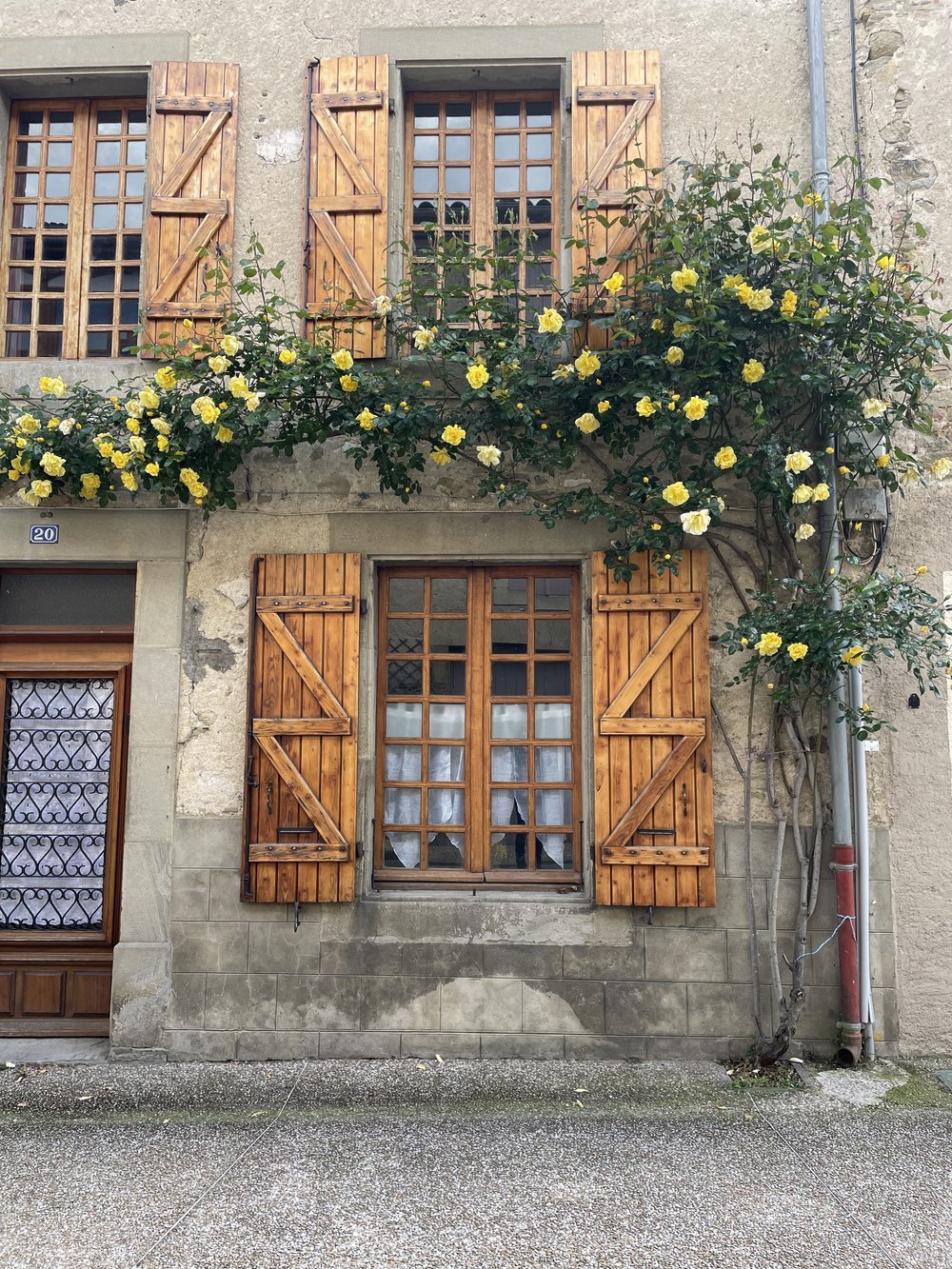



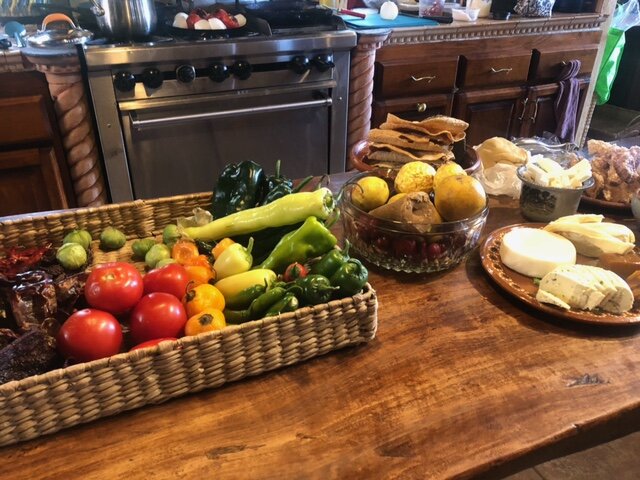
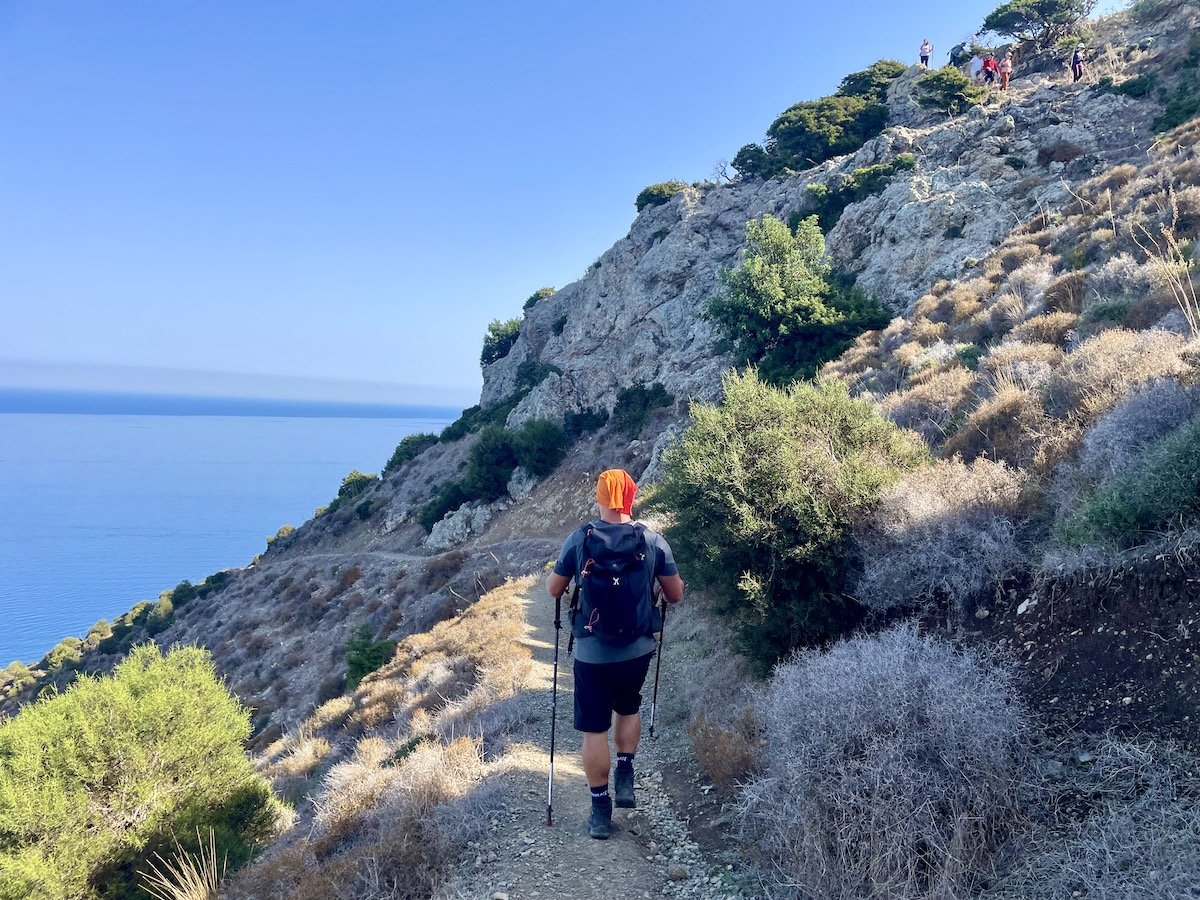




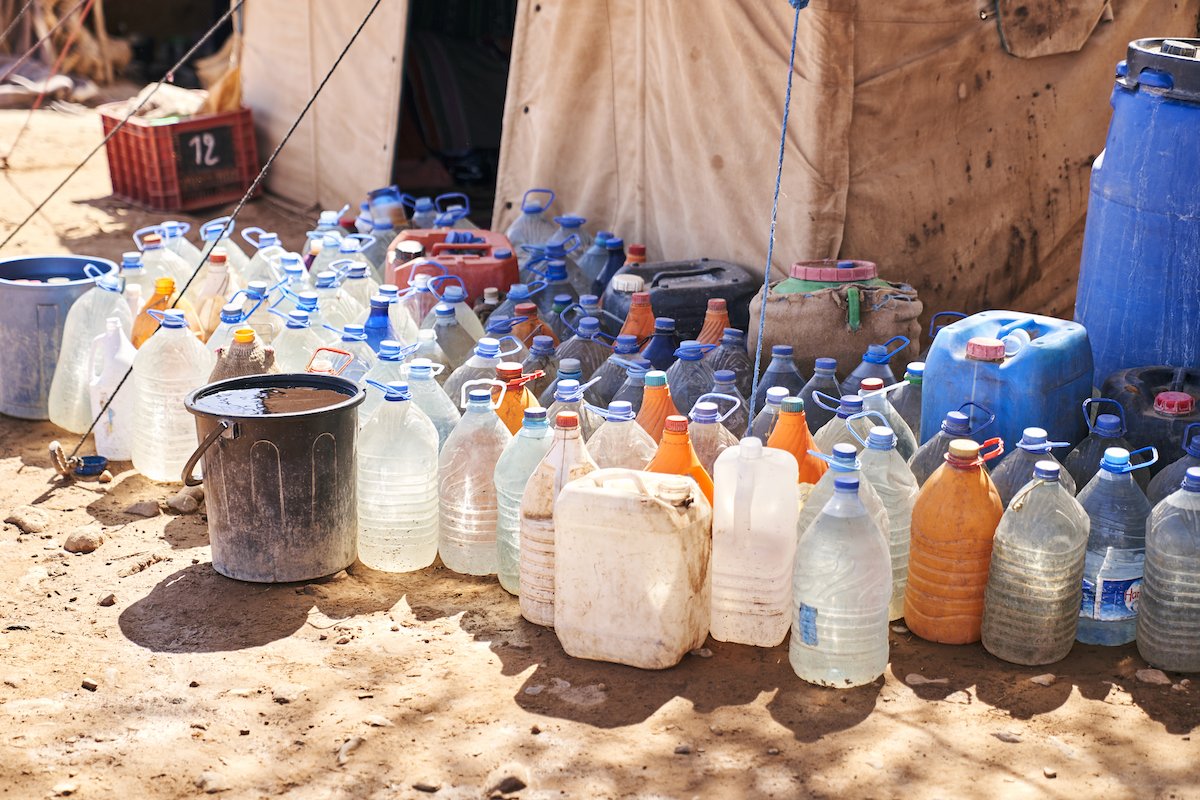
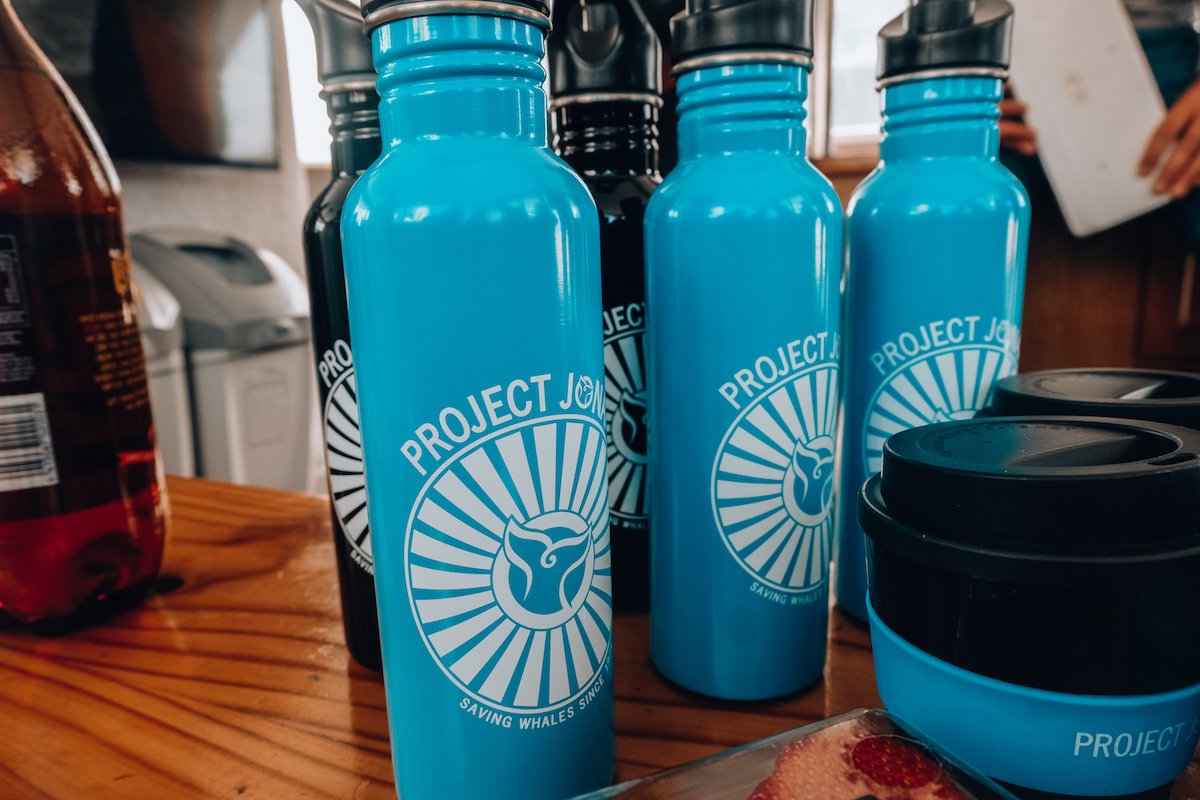



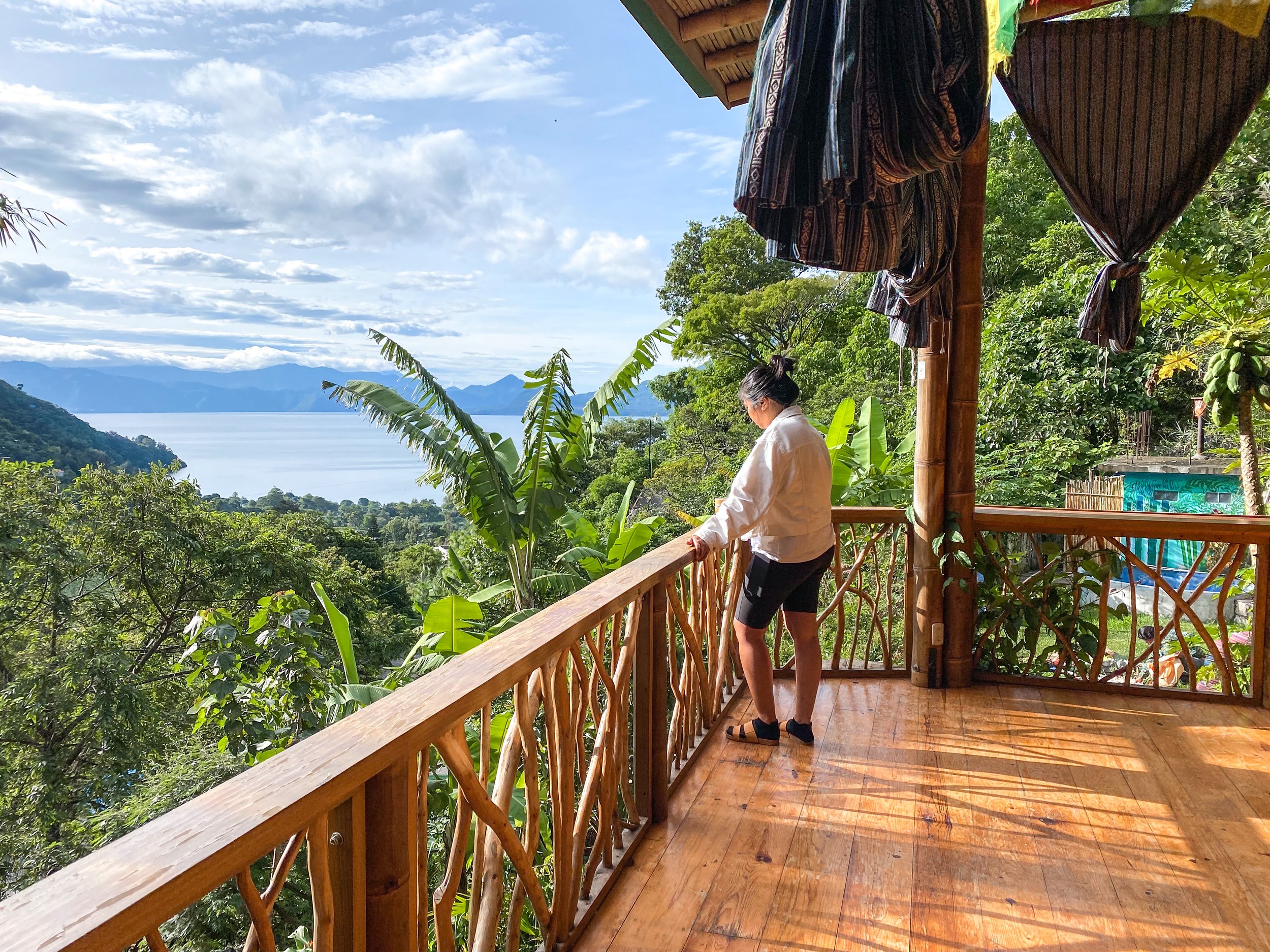





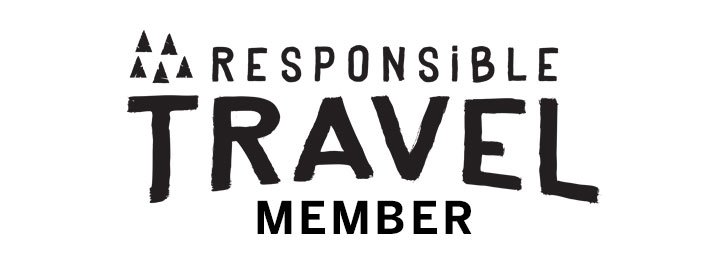

If you’re looking for the best Europe trip packing list, look no further! In this blog post, we’re sharing our comprehensive guide to packing for Europe so that you can embark on your journey fully prepared. We’re here to make sure your luggage remains light and your experiences unforgettable.